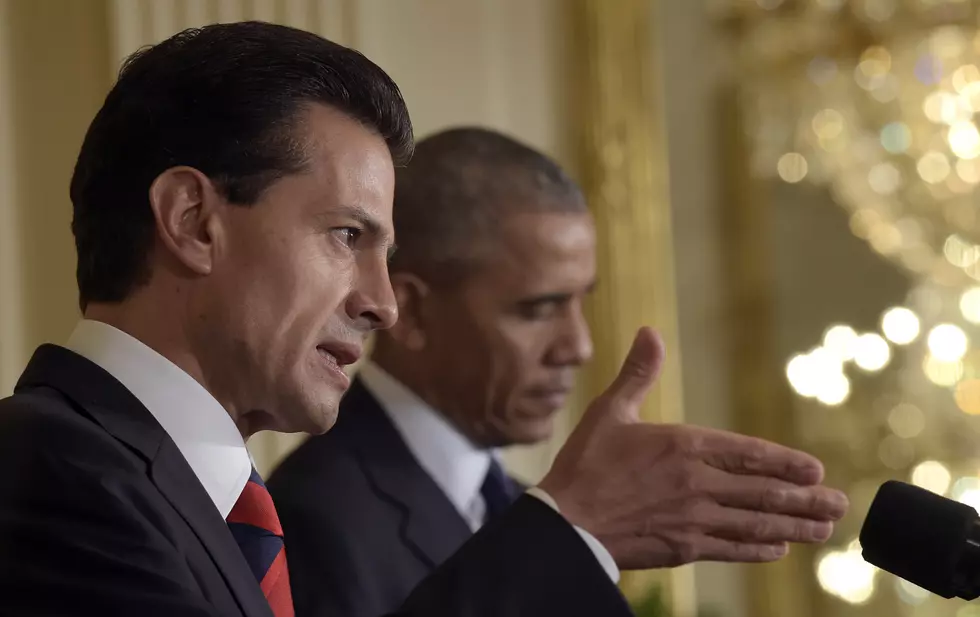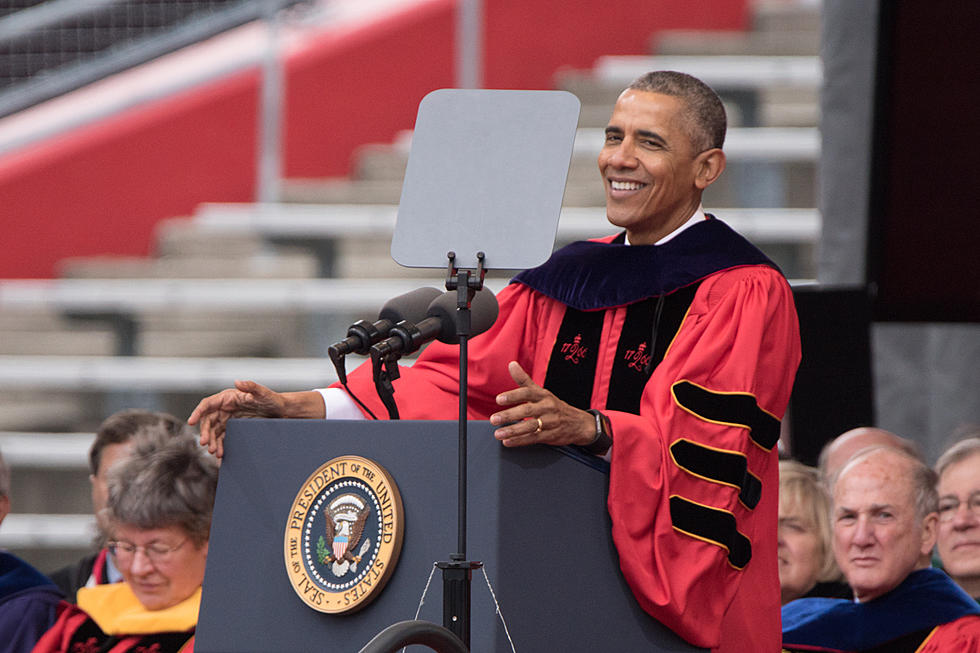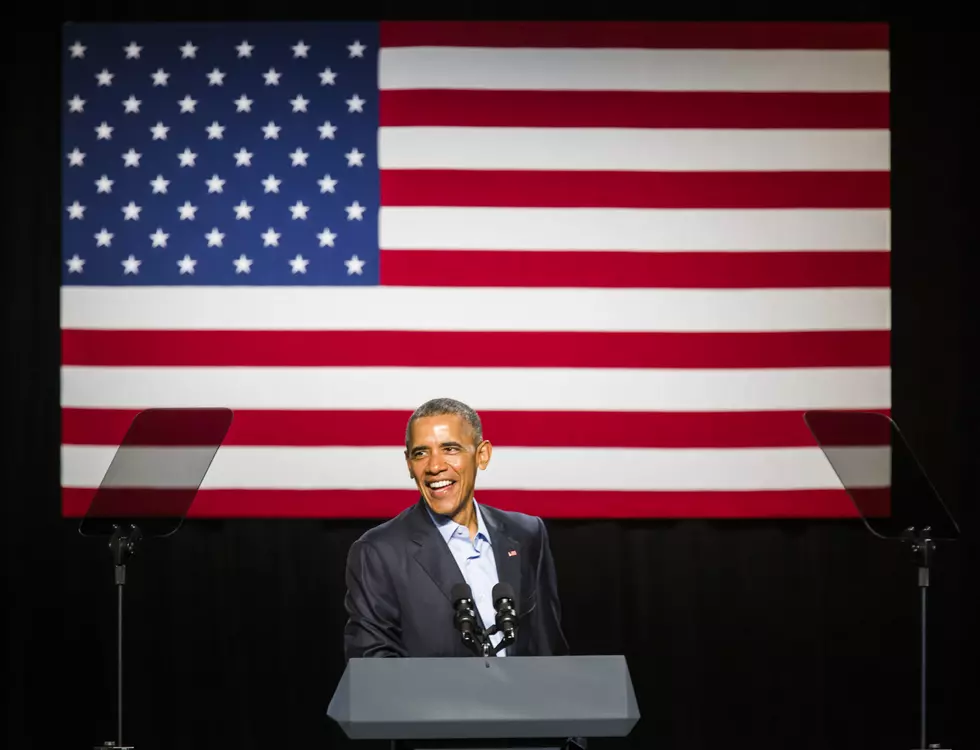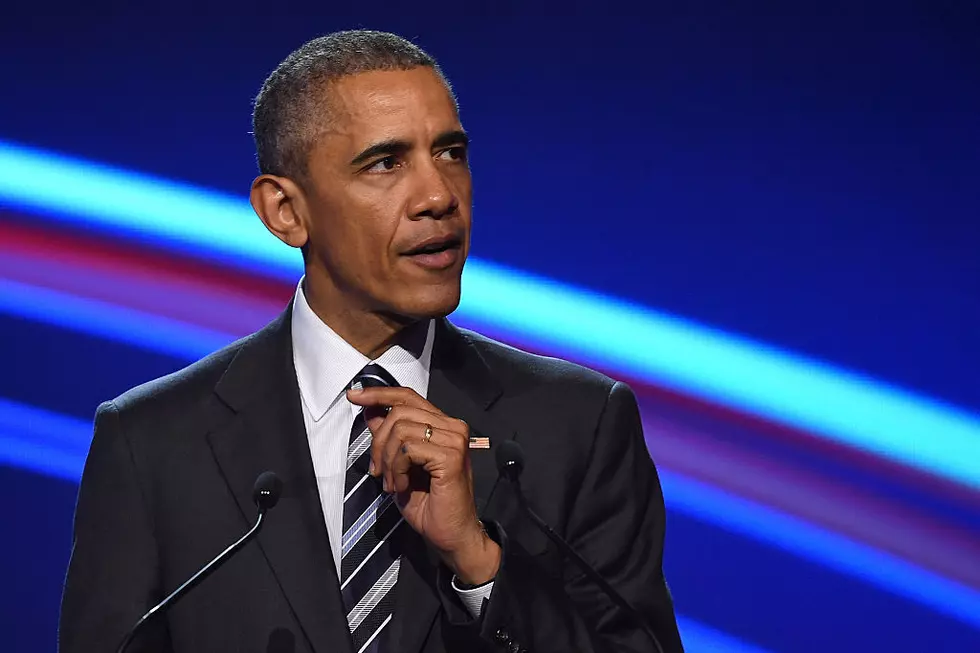
Analysis: Shinseki Exit is Outside Obama Playbook
WASHINGTON (AP) -- This was not in the Barack Obama playbook.
The resignation under fire of Veterans Affairs Secretary Eric Shinseki on Friday did not follow the usual arc of a crisis in the Obama administration. Time and again in the face of eruptions the president has preferred to not get sucked into the drama, to not cede in the heat of the moment, but to send in fixers and have the bloodletting occur in due course.
Instead, Shinseki tendered his resignation at the height of a political clamor for his departure and as revelations of systemic delays in veterans' patient care mounted by the day. Shinseki left even before the review Obama had ordered of the VA problems was completed.
For Obama, there was little doubt that his decision to let Shinseki go was painful. As he spoke Friday morning in the White House briefing room, he appeared somber, even grief-struck.
"He is a very good man," Obama said of the former four-star Army general and Vietnam veteran. "I don't just mean he's an accomplished man. I don't just mean that he's been an outstanding soldier. He's a good person who's done exemplary work on our behalf."
But in this crisis, it became clear to the White House that the solution to the problems identified in news accounts and in a damning report this week from the VA's inspector general were endemic, deep-seated and would take a long time to turn around, let alone correct.
And that's what set it apart from another high-profile calamity - the spectacularly bad launch of healthcare.gov. Kathleen Sebelius stayed on as head of the Department of Health and Human Services until April, seven months after that fumbling start. But that was a website problem caused by poorly designed technology. It was fixable in the short-term and in the end sign-ups exceeded projections.
The results of a VA fix will not become apparent so dramatically.
From that perspective, Shinseki's departure demonstrated action.
"We occupy not just an environment that calls for management fixes, we've also got to deal with Congress and you guys," Obama told reporters Friday. "And I think Ric's judgment (was) that he could not carry out the next stages of reform without being a distraction himself. And so my assessment was, unfortunately, that he was right."
The path for Shinseki's exit had been laid a week ago when Obama told reporters that if Shinseki "does not think he can do a good job on this and if he thinks he has let our veterans down, then I'm sure that he is not going to be interested in continuing to serve."
On Wednesday, White House chief of staff Denis McDonough notified Obama of the scathing inspector general's report as Obama flew back on Air Force One from West Point, where he had just delivered a foreign policy themed commencement address.
The VA inspector general's report and a preliminary review by Shinseki himself depicted the problems as widespread. The inspector general's report offered another troubling observation: Such issues dated back nearly a decade, before Obama's presidency.
That's hardly a comfort for Obama and his beleaguered White House. Obama sat on the Senate's Veterans Affairs Committee that reviewed those inspector general studies. He ran for president in 2008 with a promise to improve the delivery of benefits for veterans. His wife has made helping veterans and their families a priority. Last week, Obama called the care of veterans "one of the causes of my presidency."
What's more, as Obama brings more than a decade of wars to an end, he has made a point of telling returning soldiers that they deserve the care and benefits of a grateful nation. Those returning service men and women, many with physical or mental wounds, have put additional strains on the VA's health care system.
The inspector general, examining the troubled VA health care system in Phoenix, found that about 1,700 veterans in need of care were "at risk of being lost or forgotten" after being kept off an official waiting list. That came after allegations that as many as 40 veterans may have died while awaiting care at the agency's Phoenix facilities. For a president who lists veterans as a priority, that suggests a massive failure.
Beyond that, the crisis draws attention to another Obama priority - health care. It raises further doubts about the government's ability to deliver on the president's principal legislative achievement.
Shinseki's exit hardly resolves those lingering problems. But it does let the White House, for the moment, turn a page, manage a crisis and quiet an election-year din.�
More From New Jersey 101.5 FM









